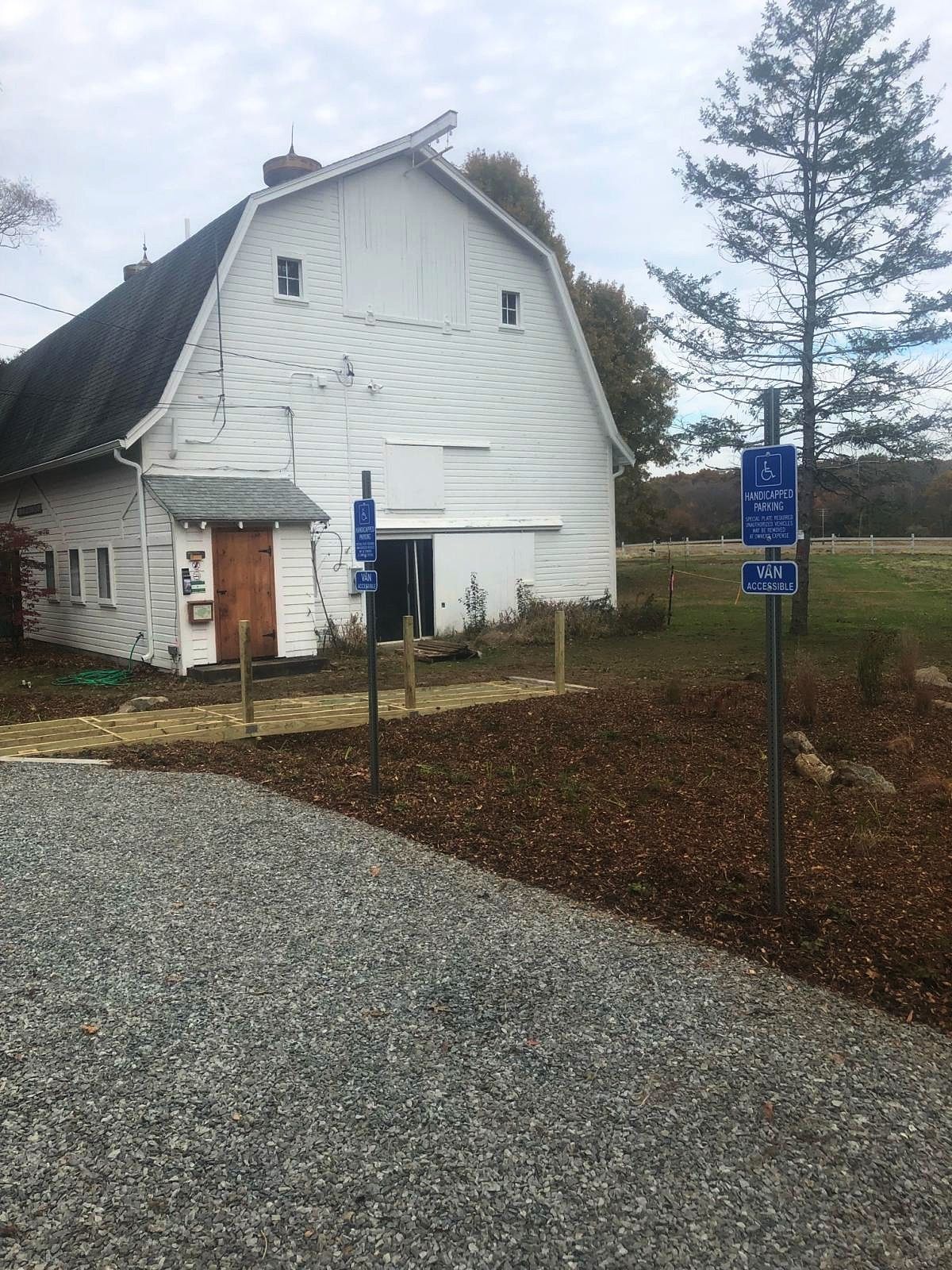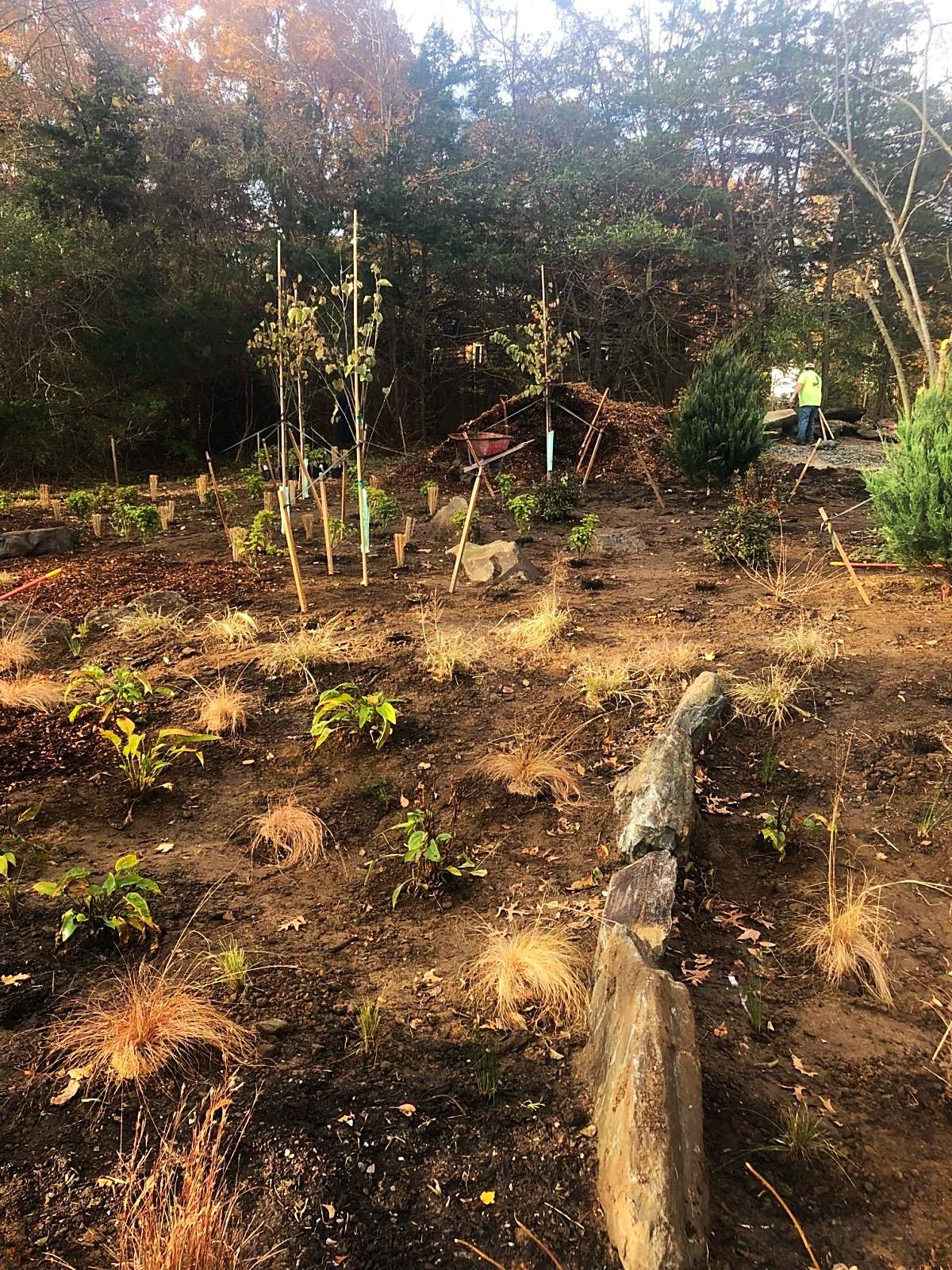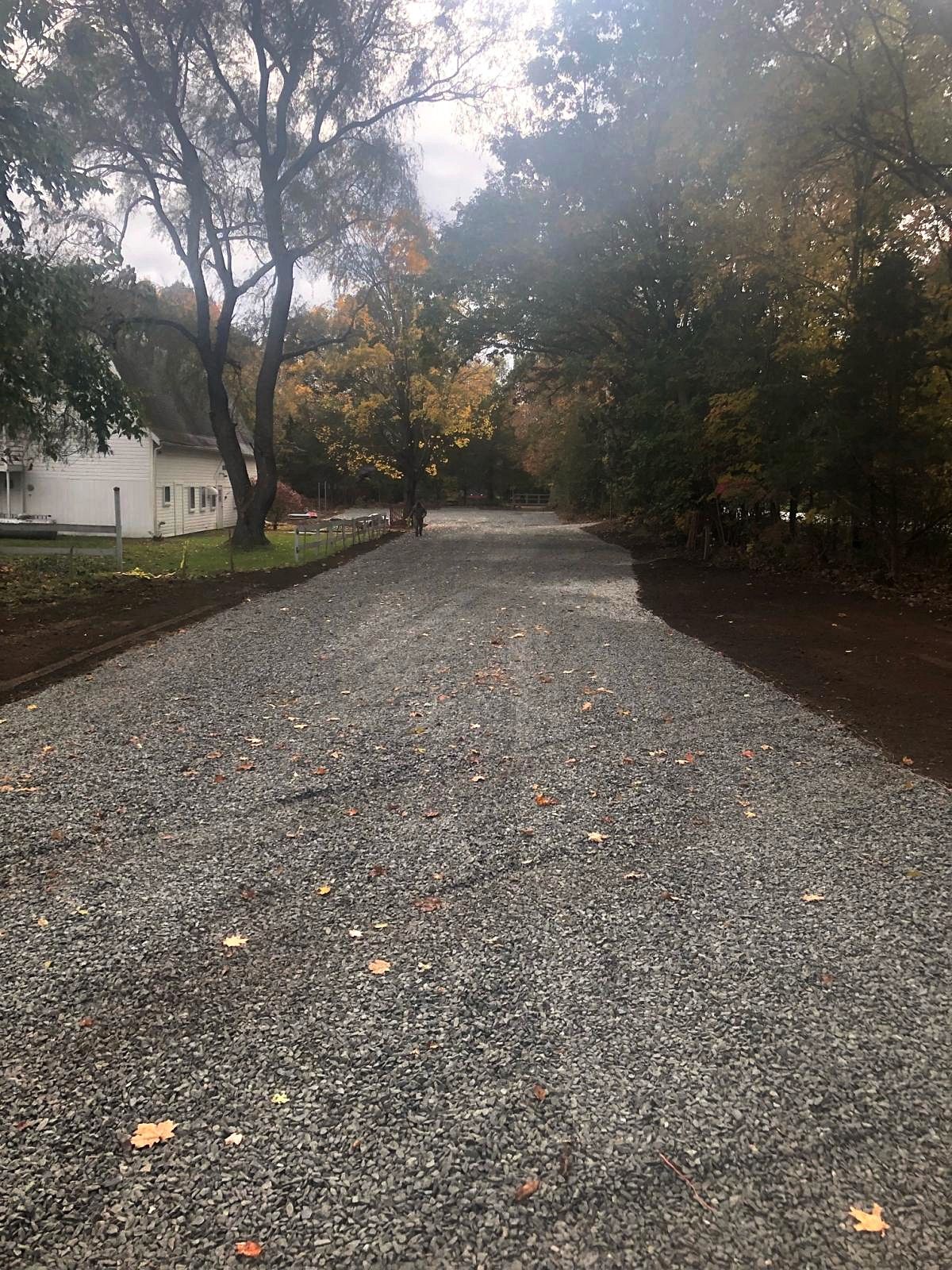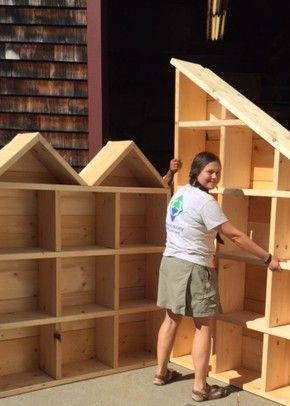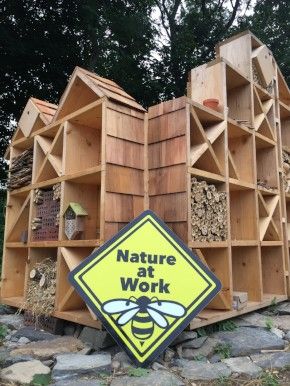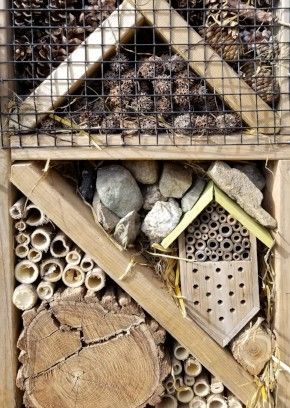November 7, 2018
Work in Progress: Enhancements at Caratunk in Full Swing
By Lawrence Taft, Executive Director
Although Audubon primarily protects land to conserve habitat for birds and other wildlife, over a dozen of our properties are open to the pubic. These wildlife refuges are designed with scenic walking trails and some are particularly well suited for educational programming.
Caratunk Wildlife Refuge in Seekonk, MA is one such property that is especially popular with the public. It has a variety of scenic habitats including open fields, forests and wetlands, all within easy walking distance. Caratunk offers wooden bridges over bubbling streams, lovely meadows and a big, white barn. The refuge’s proximity to Providence and its suburbs make it a popular spot for hikers of all ages. With so many traversing the trails, Audubon felt the need to enhance the visitor experience at Caratunk, while also carefully managing the needs of wildlife.
One the first projects now being enjoyed by visitors is the new trail system and improved signage that was completed in the summer of 2017. Next on the itinerary was the expansion of the parking area to hold more cars and to create a more inviting entrance to the refuge. In August, when summer camp ended, contractors began scraping and shaping the gravel and grass parking area with earth-moving machinery to improve the drainage and to create a handicapped accessible parking area near the barn that serves as a nature center for visitors. This fall new plantings will create a rain garden, which will also attract pollinators. Thanks to a grant from the Champlin Foundations as well as gifts from individual donors, the work is expected to be complete before the onset of winter.
Future projects for the Caratunk include extensive habitat restoration for grassland nesting birds and pollinators and improving the comfort and energy efficiency of the nature center including brighter and more efficient LED lighting and new heating/cooling systems.
Check out the other new features at Audubon Wildlife Refuges:
Bees and Bugs Have New Digs at the Nature Center and Aquarium
What is that big, wooden, house-like structure in the Pollinator Discovery Garden at the Audubon Nature Center and Aquarium in Bristol?
It’s an AMAZING bug hotel designed by John Gywnne, contructed by Audubon Nature Center and Aquarium Caretaker Barry Cohen, and completed with the help of staff and volunteers. The hotel was installed in August and staff has been filling it with bricks, wood, sticks, reeds and other natural items that insects can use for nests and refuge.
The hotel was completed in October, ready to accept insect reservations for the winter! Stop by and take a look at this creative installment that supports the health of our native pollinators.
Cranston Boy Scout Troop 6 Installs New Boardwalk
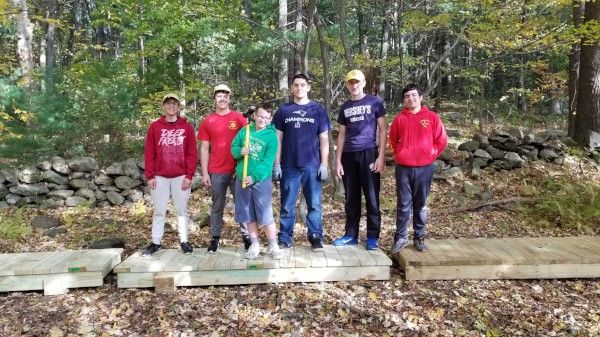
From left to right: Chris Pires, Zachary Vanderhoff, Robert Gately, Daniel Evers, Jonas Kendra, and Alex Lemos.
The orange trail at Powder Mill Ledges Wildlife Refuge in Smithfield now boasts a new boardwalk. Thank you to Boy Scout Troop 6 from Cranston for installing these portable new trail features! They are fitted with shoes and shims which will be helpful if they ever need to be adjusted over time. Also, thanks to Douglas Lumber, Kitchens and Home Center in Smithfield for the assistance and the Smithfield, Johnston, Providence, and West Warwick Home Depot locations for the donations!
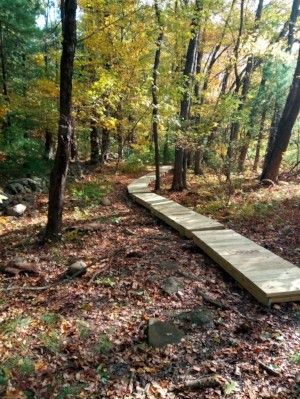
Each section on the boardwalk is portable and adjustable.

